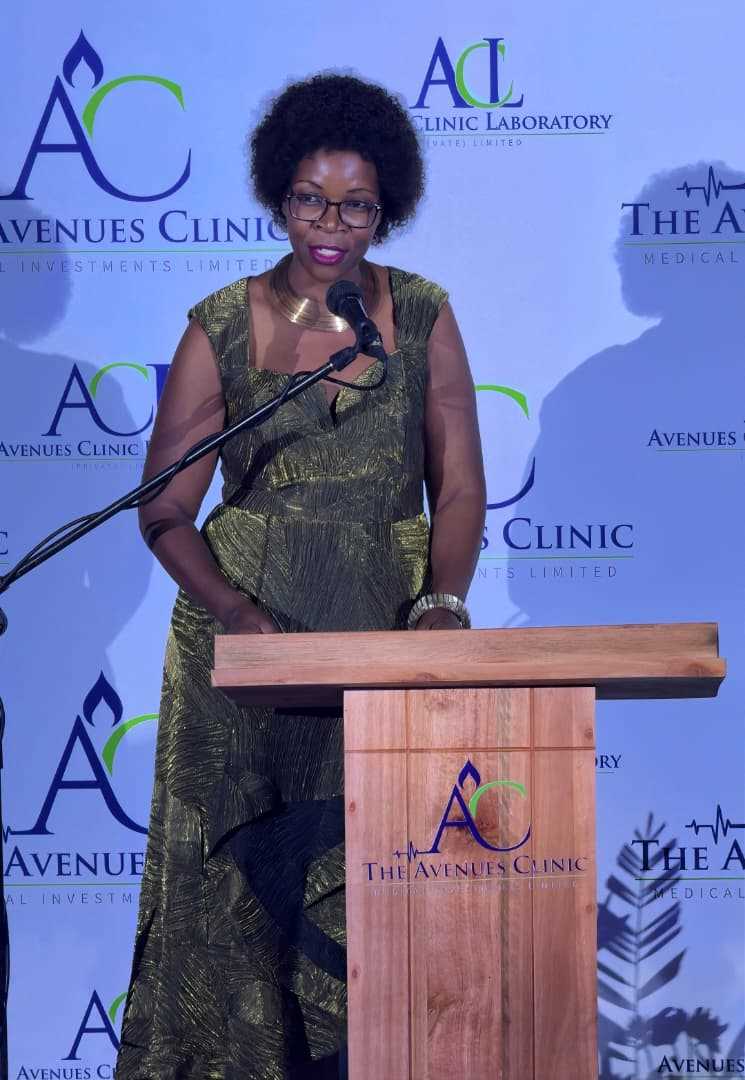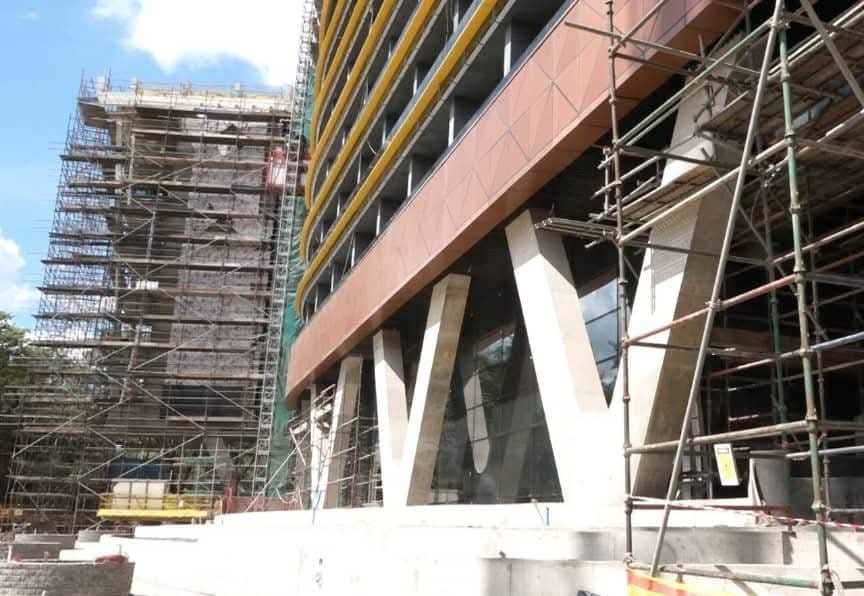
Rutendo Mazhindu
Zim Now Reporter
Zimbabwe’s healthcare landscape has undergone a remarkable transformation over the last decade, driven by the ambitious Health Sector Development Project.
Running from 2011 to 2024, this initiative introduced a results-based financing model, significantly enhancing access to quality maternal, newborn, and child health services nationwide.
Scaling Success: From Rural Pilots to Nationwide Impact
Initially piloted in two rural districts, the RBF model quickly gained traction. By 2012, it expanded to 16 more districts, and by 2014, urban centers like Harare and Bulawayo adopted the Urban Voucher Initiative. This program specifically targeted vulnerable women, offering essential healthcare services entirely free of charge. By 2020, with support from the Health Transition Fund, the initiative achieved nationwide coverage, reaching all 42 districts in Zimbabwe.
Empowering Communities through Collaboration
Related Stories
The HSDP’s success stems from a holistic approach that empowered communities. Village health workers were trained and equipped to create demand for services and improve coverage. Their efforts enhanced coordination and reporting, ensuring a seamless healthcare delivery system.
Life-Saving Impact
The program has saved countless lives by reducing maternal mortality and enhancing the quality of care for mothers and children. Key milestones include: over 1 million women accessing prenatal care services, approximately 2.27 million children receiving Vitamin A supplementation and over 958,000 children completing their essential immunizations.
Facilities across the country have been equipped to handle complications, guaranteeing timely, efficient care. Beneficiaries like Leah Changuchangu shared heartfelt testimonials:
"I booked my pregnancy, accessed antenatal care, delivery through Caesarean section, and postnatal care all at no cost. This support saved my life and my baby’s life."
A Model of Effective Partnership
The HSDP’s success showcases the power of collaboration. It was co-financed by the World Bank through the Health Results Innovation Trust Fund and later the Global Financing Facility, with the Zimbabwean government and Cordaid leading implementation. Institutionalizing the RBF model in rural districts has cemented it as a cornerstone of Zimbabwe’s health financing strategy, ensuring sustainability for future generations.
As the Health Sector Development Project concludes, its legacy is a beacon of hope. It not only reshaped Zimbabwe’s health system but also reaffirmed the nation’s commitment to the health and well-being of its citizens.



















Leave Comments